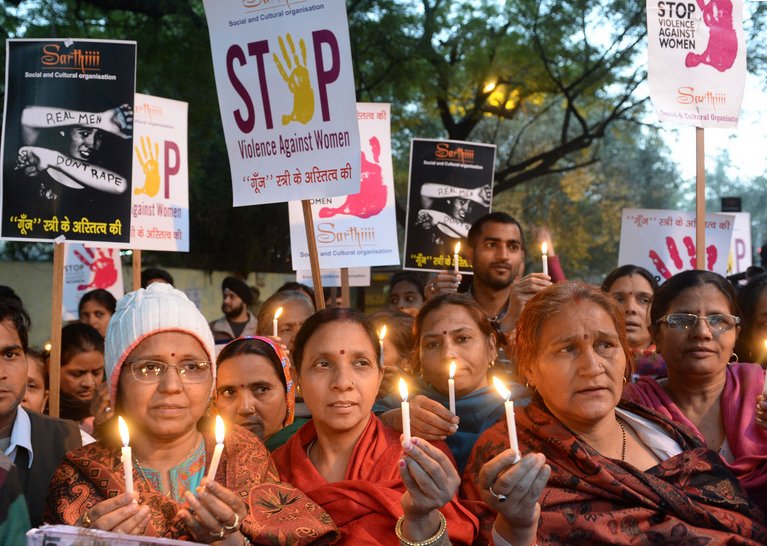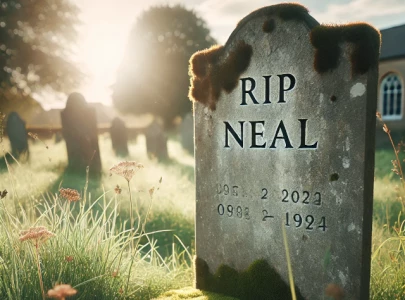
Human rights campaigners have condemned the Indian government's refusal to criminalise marital rape by claiming cultural and religious issues mean it cannot be applied to India.
A parliamentary member for the DMK party in India, M.K Kanimozhi, had asked whether the UN Committee on Elimination of Discrimination Against Women had recommended marital rape be criminalised in India, which it had, NDTV reported.
Related: Father, brother, uncle arrested after Indian teen alleges years of rape
However, a government minister confirmed on Wednesday that the government would not be considering the recommendation because of social and cultural factors that mean the international concept of marital rape “cannot be suitably applied in the Indian context”.
Home Affairs Minister Haribhai Paraibhai Chaudhry, in a written statement to India’s upper house of Parliament said that these factors include the “level of education, illiteracy, poverty, myriad social customs and values and religious beliefs” in India.
He also counted “the mindset of the society to treat marriage as a sacrament”, in his response.
MPA Kanimozhi argued that though marriage is 'sacred' in Indian culture, it is no excuse for not protecting women from sexual abuse within their marriages.
“I accept that the institution of marriage is an integral part of our social structure. Many people across many faiths hold it sacred. But it has not stopped us from bringing the anti-dowry law or domestic violence legislation,” Kanimozhi told The Hindu.
Related: Robbers 'gang-raped' elderly Indian nun: police
“Today, we are more receptive to women’s rights and issues. This is not against our culture. It is about protecting our women from violence and abuse."
Senior researcher for Human Rights Watch (HRW) Women’s Rights Division, Aruna Kashyap said the government's "cavalier" response to the issue was "embarrassing".
"It’s a shame that government officials are using the tradition card to defend men who sexually assault their wives - instead of firmly saying rape cannot and should not belong within marriage," she told The Independent.
In the past, the Indian government has amended rape laws. This took place following protests over the brutal gang rape of a student in Delhi, back in 2012.
"Rights activists have long said that while India has a strong law against domestic violence, women also suffer marital rape," said Meenakshi Ganguly, HRW's South Asia Director.
"It is sad and regressive that the government has chosen to argue that this issue is against Indian culture."
This article originally appeared on The Independent.







1731325890-0/trump-(24)1731325890-0-270x192.webp)









COMMENTS (4)
Comments are moderated and generally will be posted if they are on-topic and not abusive.
For more information, please see our Comments FAQ